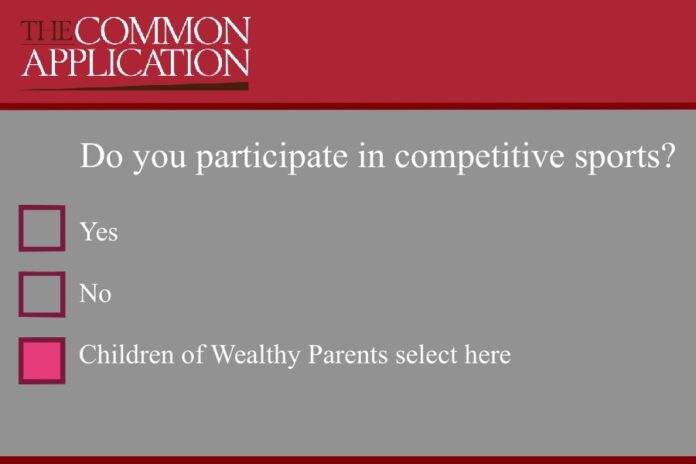A look into the recent collegiate corruption scandals
In 2017, the Federal Bureau of Investigation arrested 10 individuals including college coaches and an Adidas executive on corruption charges taking place in collegiate basketball. Over a dozen schools, including big-name basketball programs such as Louisville and North Carolina State, were involved in the scandal. These college coaches were accused of offering and paying high school stars upwards of hundreds of thousands of dollars to get players to commit to their schools. Wiretaps placed by the FBI and played in court confirmed some of these offers to players. Two years later, some of the accused coaches are still under investigation and the NCAA is conducting their own investigation into the matter.
“I think disappointment,” said Kevin Blue, the UC Davis director of Athletics, about the recent corruption in college sports. “I think that the public should trust that the institutions it believes in are going to do things according to the rules that guide those institutions. When that trust is broken it’s very disappointing for everybody.”
Although the news of corruption in college basketball seemed to be the biggest NCAA scandal to date, nobody expected new evidence to leak unrelated to the NCAA. Within the last month, wealthy parents, including some celebrities, have been charged with not only illegally paying universities to admit their high school kids, but also paying college coaches to add their children as recruits, ensuring their entrance into the institution. In many of these cases, the child in question never even played the sport they were supposedly being recruited for. Currently, the defendants are being tried in court for their actions, some of them accused of paying over $500,000 to institutions and collegiate coaches.
Even though UC Davis is not one of the institutions involved in the corruption scandals, Blue reassured the UC Davis community that the process for catching any corruption at the athletic level can be trusted.
“I think that we [UC Davis Athletics] are confident in our processes,” Blue said. “We are confident in the integrity of our people and obviously a situation that comes up like this at other schools will naturally cause us to reexamine our processes to make sure that they are even tighter, and we reduce the likelihood that a loophole can be exploited. We are reviewing them as a consequence of this, as any responsibly managed organization would. But that is not to say that us, as a responsibly managed organization, aren’t open to improving, and we are going through a process now to examine that.”
As far as what these current corruption scandals mean for the future of college athletics, opinions vary. While some believe that stricter rules and consequences need to be put in place by the NCAA to prevent future corruption, others believe corruption in collegiate athletics may never go away. Nevertheless, it has been made clear that collegiate sports, especially those involved with the NCAA, will continue to grow and be successful.
“We want to see college athletics play by the rules, and we believe in that here [at UC Davis] and want to see that everywhere,” Blue said. “I think college sports will and should continue to evolve over a period of time. I don’t know what affect the recent problems that have popped up will have on the future of college athletics, but I am hopeful that leaders in our field can demonstrate the leadership necessary to make sure that college athletics is on a good path going forward and hope we at UC Davis can play a role in that.”
Written by: Ryan Bugsch — sports@theaggie.org










